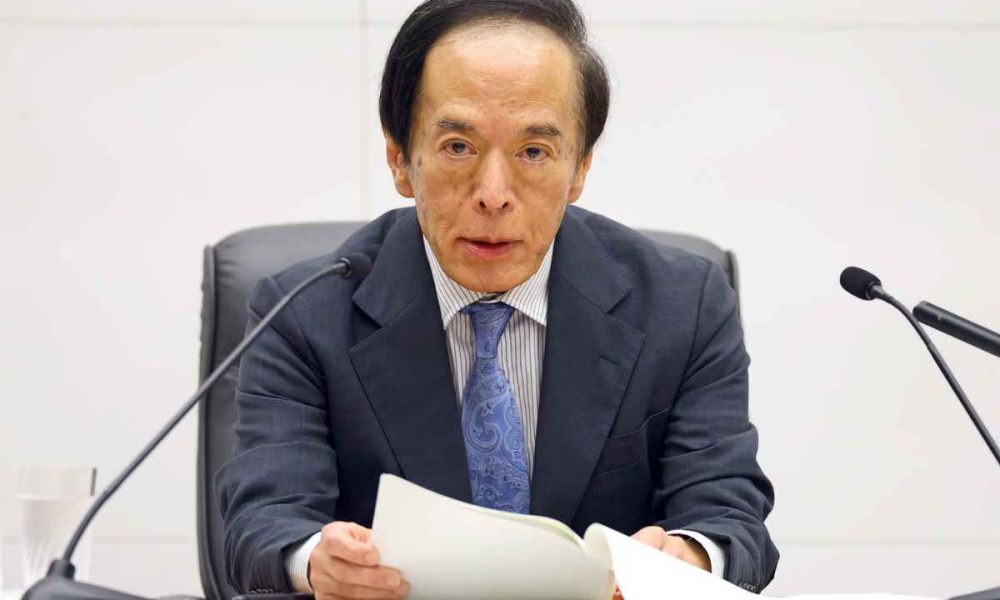
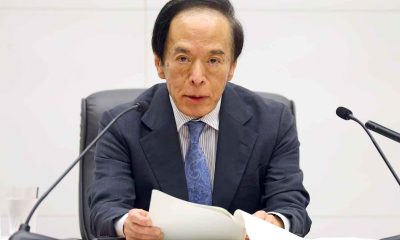

Extreme caution is called for in financial policy management as leaders attempt to navigate the economic risks from leadership changes in Japan and the US.
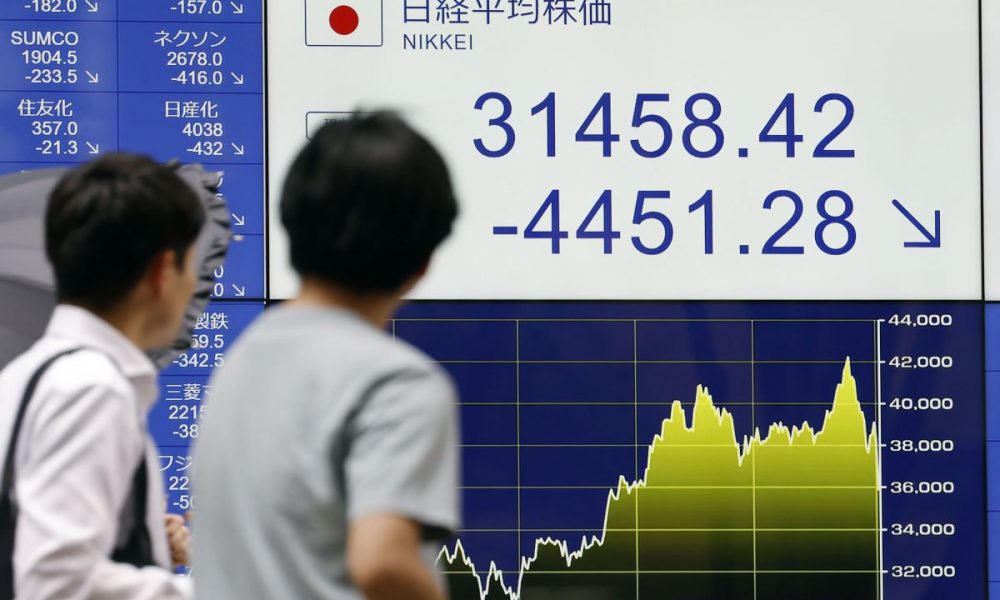
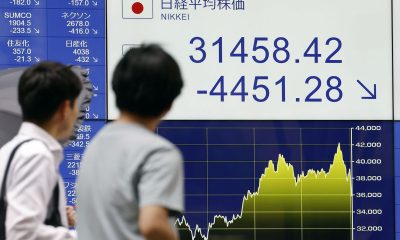

Following the stock market nosedive, the government and Bank of Japan need to make a cool-headed financial policy.



The Bank of Japan raised its interest rate target for the second time in 2024, confident that wage hikes and tax cuts will help consumer spending...
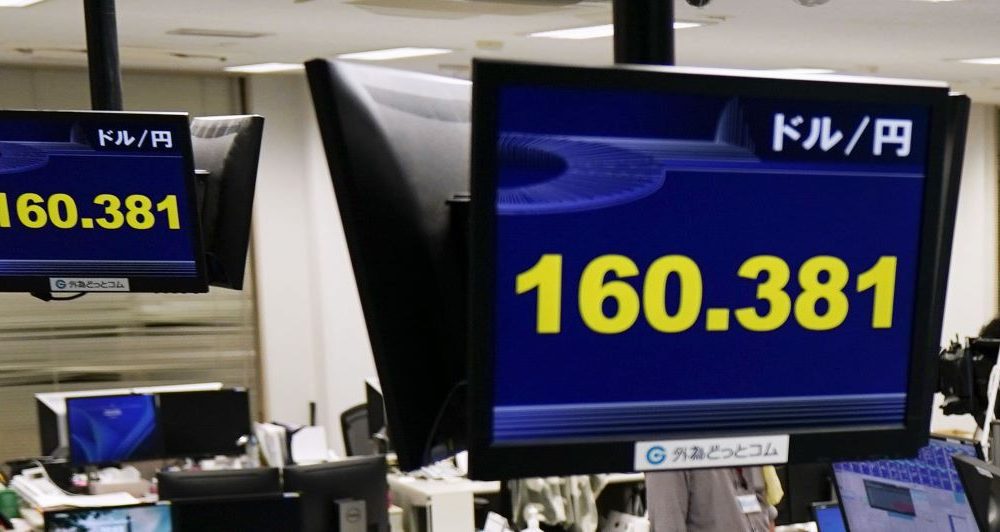
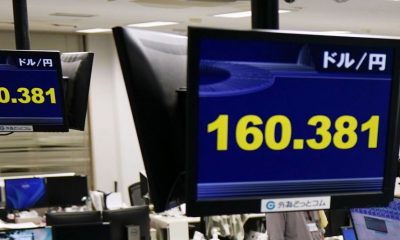

The Japanese yen is at its weakest level against the US dollar since 1986, despite expensive intervention by the central bank.
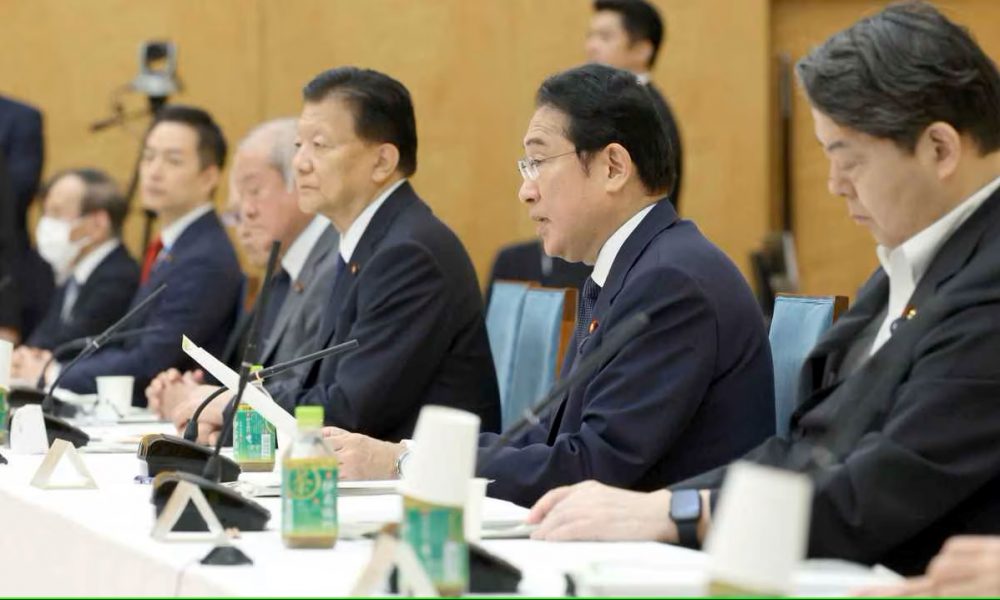
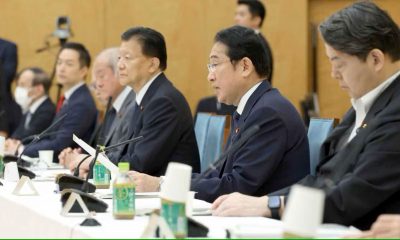

Labor market reform and strategic investment in growth areas of the economy have long been considered necessary. The challenge is to achieve it this time around.
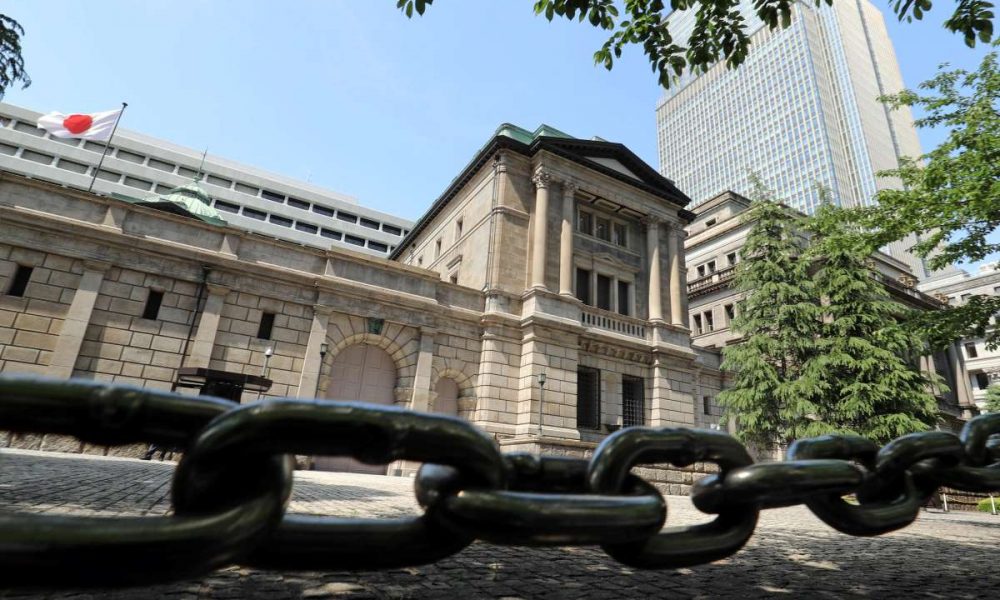
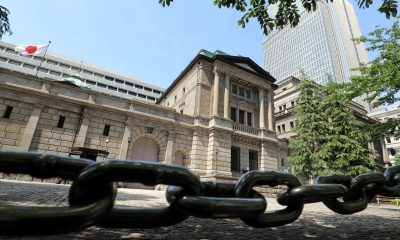

In this new "world with interest rates," the BOJ must carefully time its reductions and manage its policy to avoid causing turmoil in the markets.



As Japan’s GDP turns negative, more needs to be done to fuel growth and create a virtuous economic cycle that supports boosting consumption.
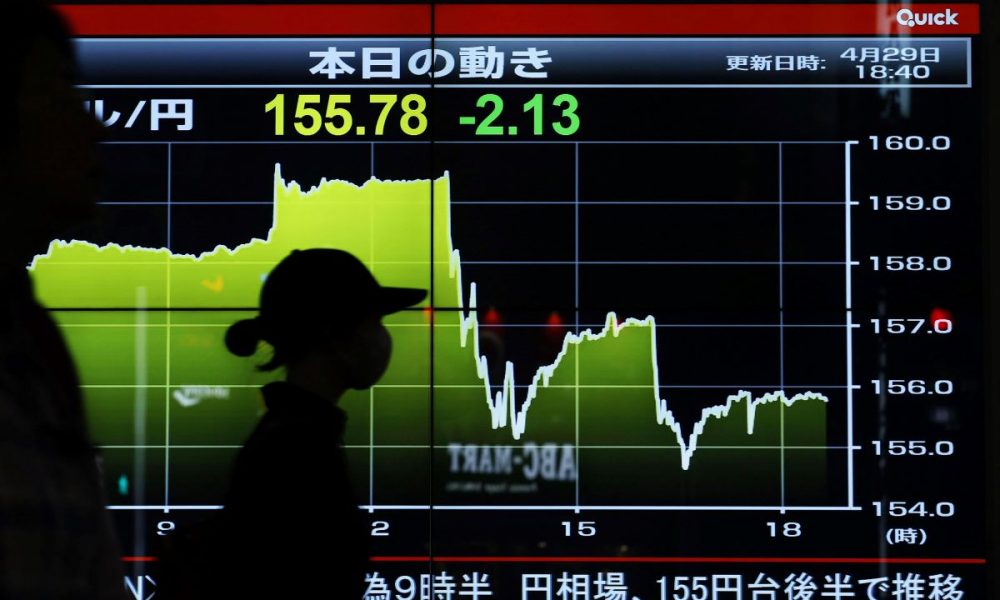
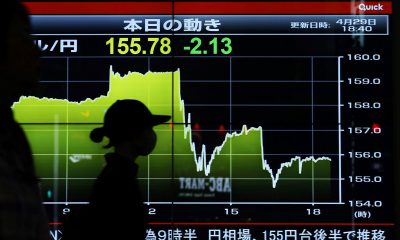

Can the Bank of Japan reverse the trend of a weaker yen? The excessively lopsided exchange rate increases the burden on household budgets and businesses.
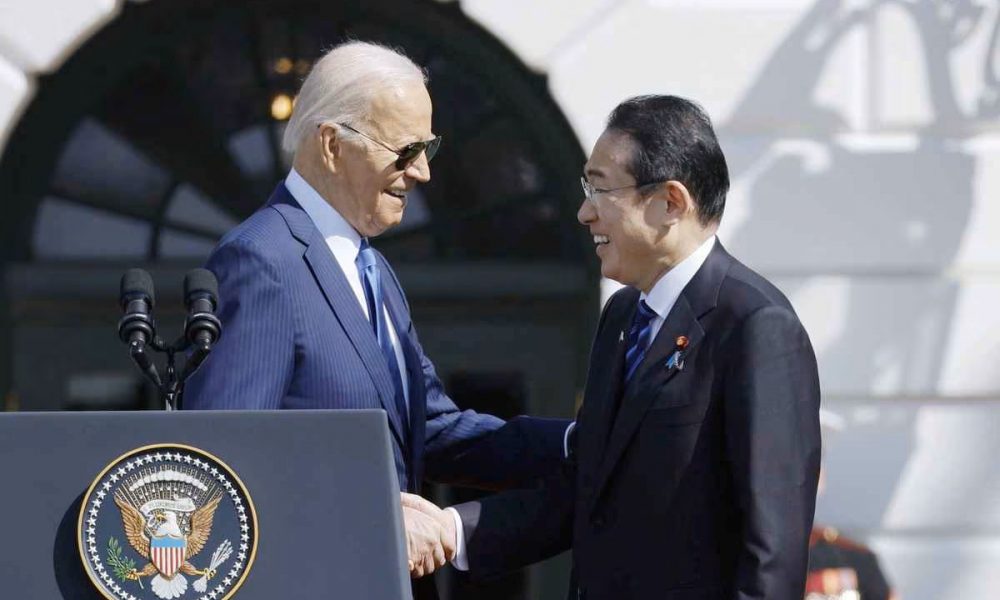
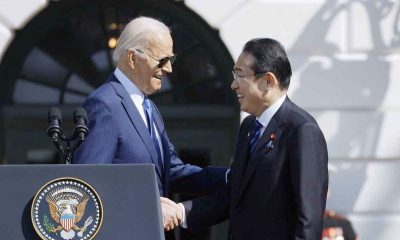

Despite often not being given due credit, Prime Minister Kishida and his administration have realized several transformative economic and security reforms.
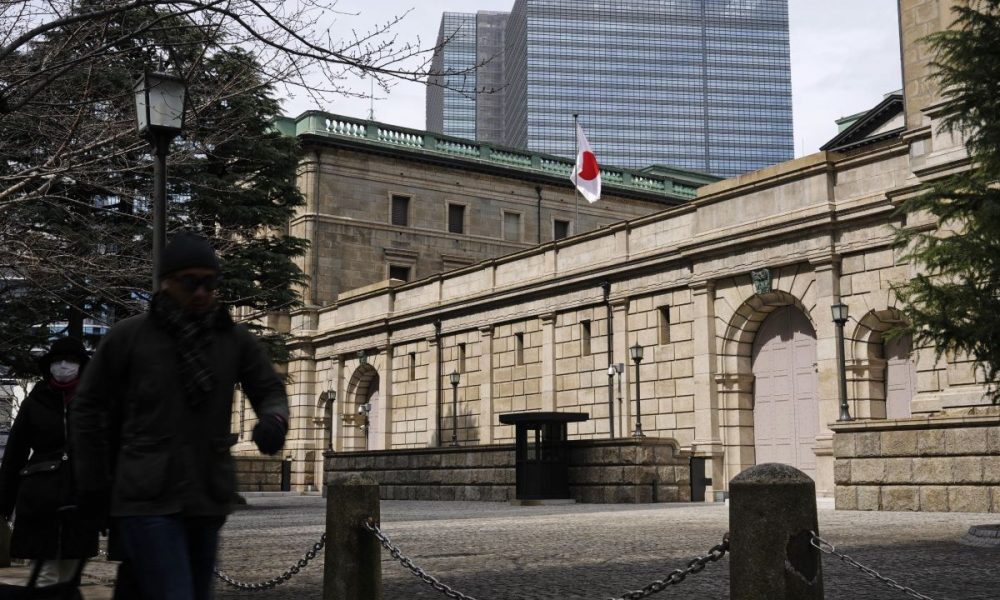
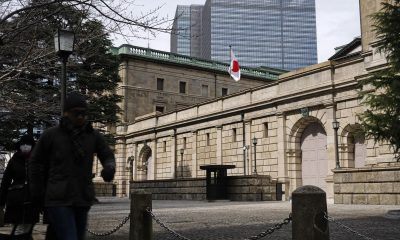

The big picture of a stronger domestic economy would likely be a swing in the division of spoils from capital to labor, something not experienced for...
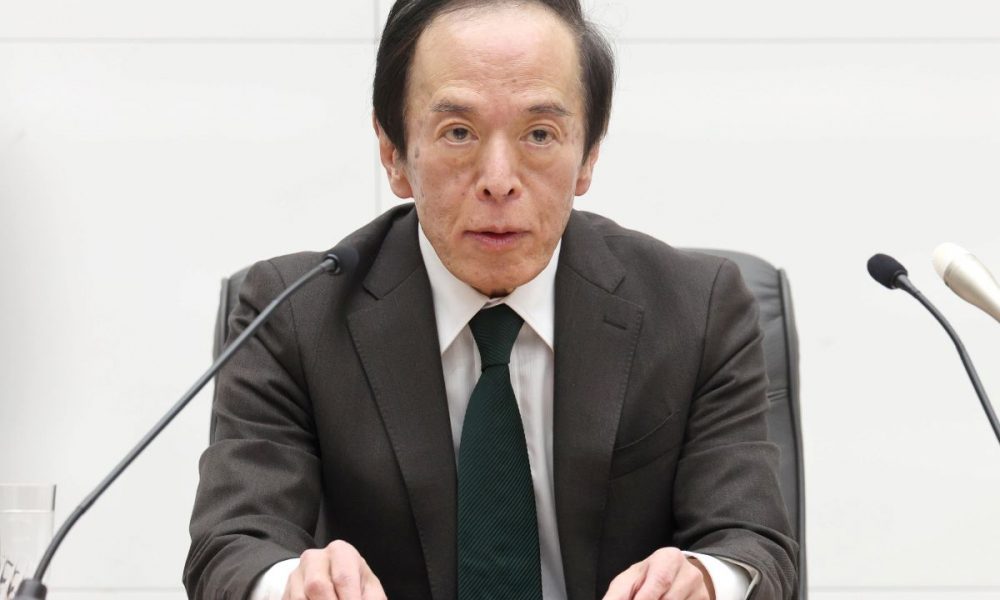
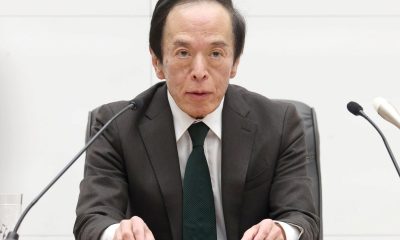

The BOJ decision signals a major shift towards economic recovery, but it must closely monitor for the fallout from its new monetary policy.



The Bank of Japan has ended its negative interest rates in an extensive policy overhaul. Recent wage hikes appear to have been central to the Bank's...